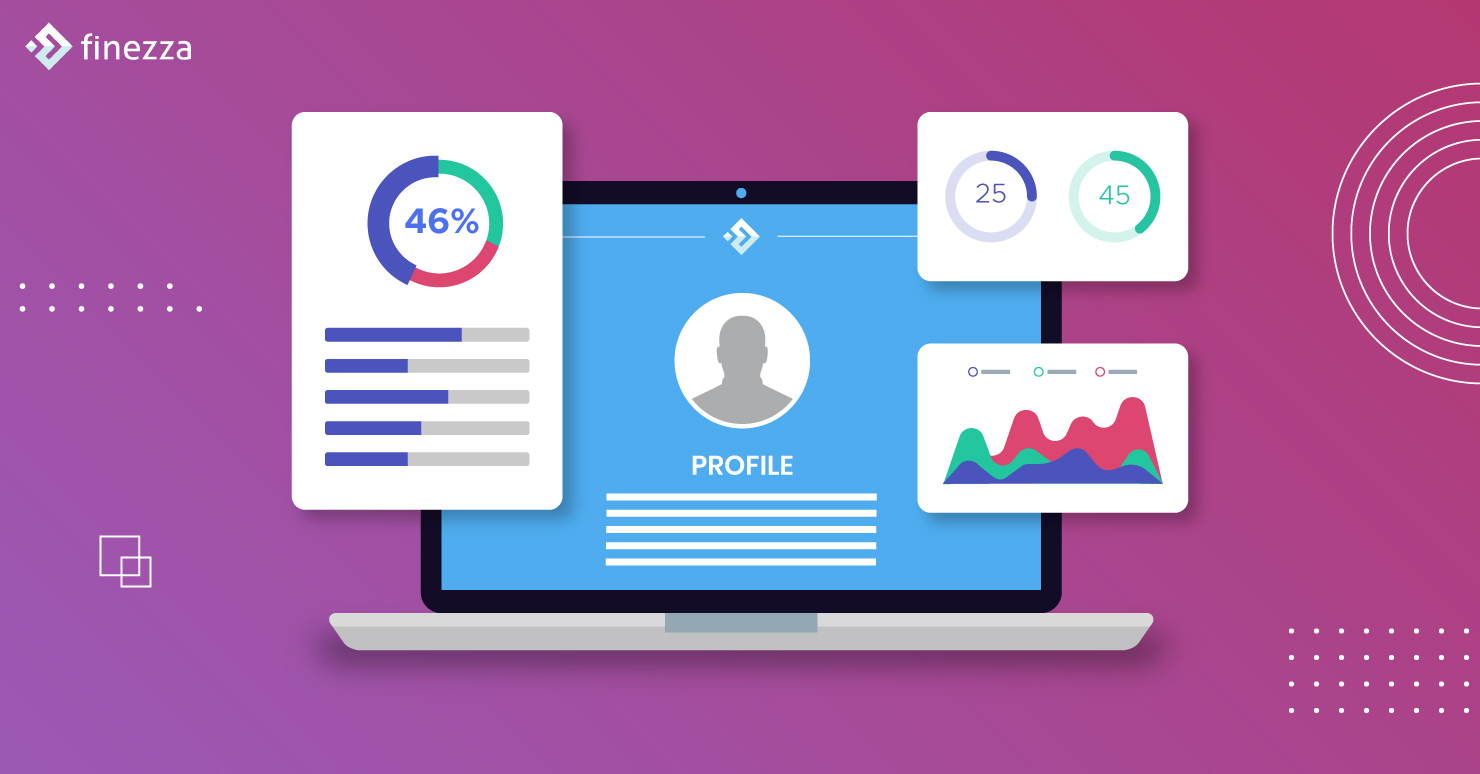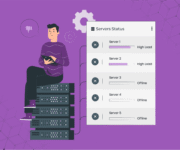Wealth Management is an advisory service provided by wealth management firms or consultants. In theory, the wealth manager is expected to be well aware of all aspects of financials, legal, asset management, estates, or property management. But practically, a single person cannot be an expert in all these fields to give solid advice in all these aspects to the client. So the wealth manager ends up being a strong liaison between experts in all the fields.
Wealth Management is all about managing one’s investments, funds, assets and plan the taxes and other liabilities. Gone are the days when the term wealth management was associated only with the super affluent category. With the rise in working-class population and the overall increase in the average income in all the growing economies, wealth management has become essential even for the middle-class salaried employees. With the global economies becoming interconnected and the number of globetrotters increasing worldwide, distance is not a constraint any more in investments, estate management, etc.
Role of Digital Technology in Wealth Management
With the number of investment and wealth management options increased worldwide in the last few years, it has now become imperative to leverage digital technologies to avail the benefits from the full spectrum of resources available.
Below are the top areas in which digital technology can assist wealth management to modernise.
Mobile apps to enable customers
For any wealth management firm, providing smart mobile apps can be a game-changer. In addition to educating the customers by publishing up to date investment advice, periodical financial blogs, financial news, stock watchers, tickers for commodities, forex, digital currencies, etc, mobile apps can also provide a lot of “Do it Yourself (DIY)” features.
Some of the DIY features may include a platform to initiate informed dialogues with potential clients of the investors, quote negotiation and finalisation process, seamless chat services with registered advisors in different areas of wealth management, etc.
In addition to the education and DIY aspects, the mobile app can also provide an easy platform to initiate investments like mutual funds, bonds, forex, digital currencies, commodities, etc. by having tie-ups with third-party brokerages or service providers who are specialised in the individual areas. This way, the wealth management app can be a one-stop-shop for investors to manage all their investments.
Digital Tools to simplify operational aspects
For a wealth manager to efficiently provide advice and service to the customers, the most important step is “Know Your Customer” (KYC). Though, with few discussions, the wealth manager usually understands the pulse of the investor very well, in the fast-moving world, simplifying the KYC process using software helps the wealth manager to get to the job quickly.
This helps the customers as well to have more meaningful discussions with wealth managers, instead of spending time explaining the basic details about him or her.
The KYC document collection process can also be bot-driven and interactive, so that, based on the type of customer, specific information can be gathered to enable a wealth manager to work on customised service offerings.
Technology-based Compliance and Financial Controls
For an investor, with the investments spread across multiple instruments and liabilities in multiple areas, tracking the due dates becomes very tedious. As we know, missing a payment due attracts penalties, and delays in incoming payments put the investor in a difficult financial situation.
This is where smart reminders that clearly call out the due amount, due date and highlight the impact of delay helps an investor enormously. In addition to being an early warning system, if the reminders provide an easy option to make the payment by linking with popular payment platforms, it becomes easier for the investor to finish the job soon—this way the reminder platform can be used as a one-stop payment platform as well.
In the current times, compliance management, in addition to on-time payments, on-time registrations, tax filings, legal filings, responding to notices, etc., play equally important roles. Any delays in these attract penalties.
So the compliance management with an up-to-date early warning system and is dynamic enough to cover all aspects of reminder management definitely helps the investor leave the deadline management to the software and focus only on managing the wealth wisely.

Legal and Regulatory Management made simple
Unforeseen legal and regulatory expenses are one of the main risks for any investor. The wealth management software or mobile app can be intuitive, and based on the investor’s consent, a summary can be shared with a legal consultant periodically. This way, any legal requirements can be addressed with the legal consultant’s advice as and when needed.
In modern times, when the legal expenses are so high, especially concerning complicated and well-spread portfolios, a legal consultant taking a periodical look at the customer’s portfolio and suggesting any preventive actions would definitely save a lot for the investor in the future.
Personalised solutions through technology
No two customers have the same investment requirements. Digital wealth management solutions can leverage the latest data analytic techniques to analyse the available data to arrive at customised wealth management solutions.
For instance, the spending pattern and risk appetite of the customer can be assessed through real-time data from the customers and specific investment options can be suggested. Some customers may be interested in real estate-related investments; some customers may be interested in forex or stock markets. So based on the need of the customer, specific pointers can be shown to the customers.
The digital wealth management solutions can also have tie-ups with specific financing firms to make it easier for the investors to lease with the financiers.
Final Thoughts
These are just some of the many ways digitisation can help investors. The current generation of investors are tech-savvy and prefer more digital solutions compared to older people. Moreover, the current generation of millennials prefers to have a lot of choices in front of them instead of specific advice. This way, the globally connected and well-informed investors can make wealth management decisions on their own.
Well-designed digital wealth management solutions with “Do it yourself portals” are already gaining popularity. Wealth Management portals that are well interfaced with global investment channels and leverage the full potential of data analytics, reporting, and dashboards will help both the wealth managers and investors assess all the options in front of them and take the best wealth management decisions.




Leave a Reply